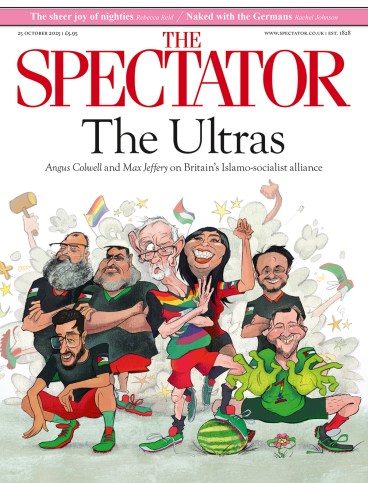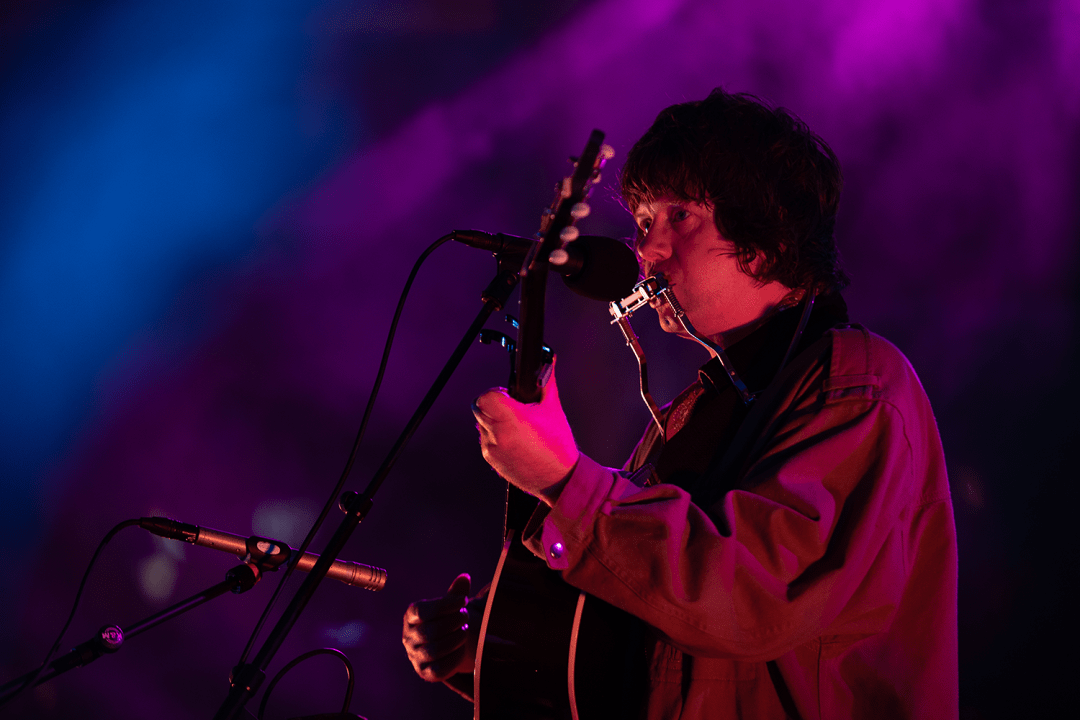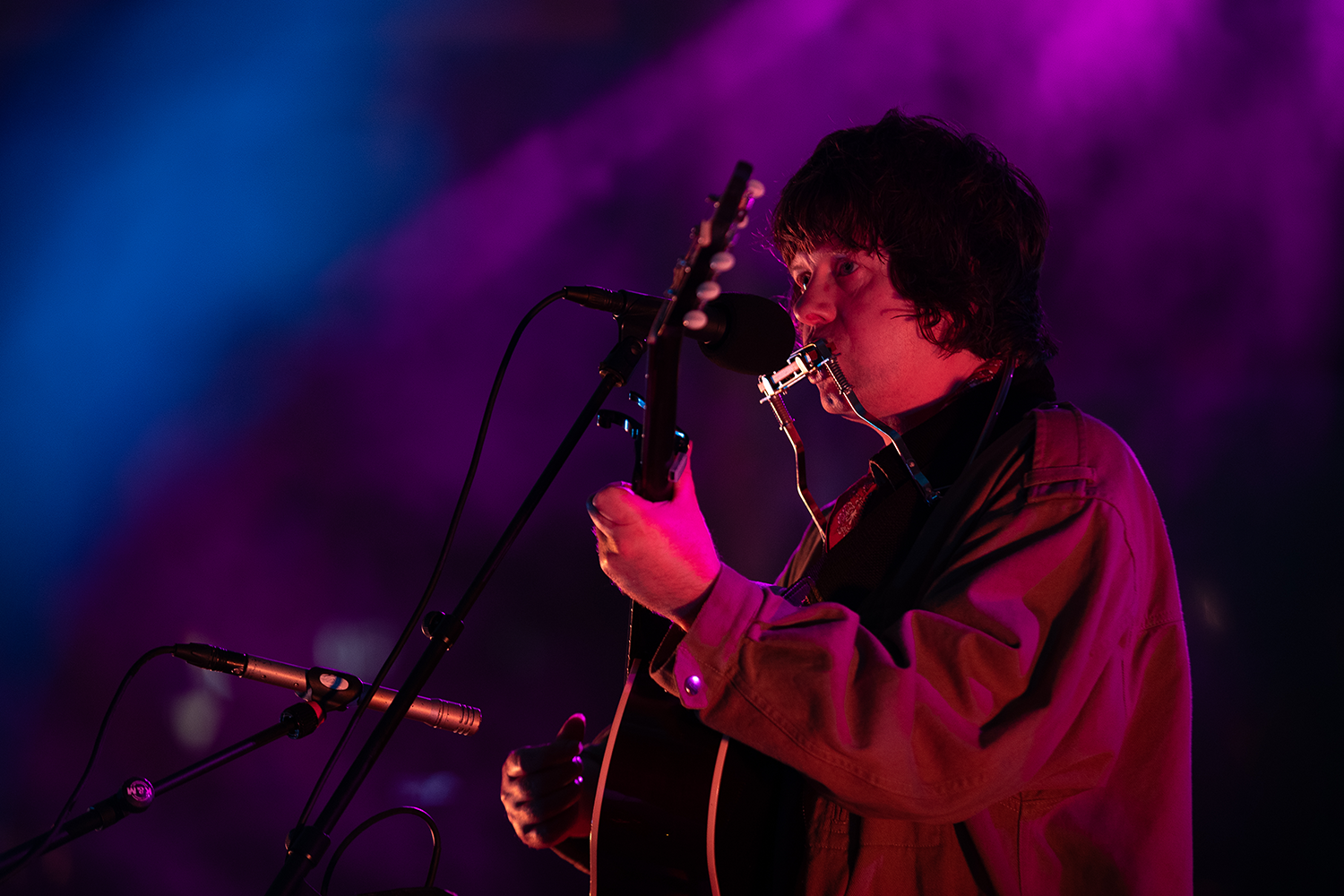
Watching the Mercury Music Prize on television last week, I remembered that Fionn Regan’s debut album, The End Of History, was nominated for the award back in 2007. Proof were it needed that the prize is rarely a shortcut to superstardom for most of those it spotlights.
The Irish singer-songwriter has never quite replicated the mainstream acclaim he gained for his debut – when, for a solid five minutes, he was the latest in a long line of ‘new Bob Dylans’. He has, however, carved out an interesting and worthwhile career across five further albums, expanding his core skill set of folk guitar and knottily poetic wordplay with experimental touches of electronica and orchestration.
There was no such expansiveness at the bijou Pleasance in Edinburgh, a venue rarely used for music shows. It was just Regan and three acoustic guitars, alternating between standard and open tuning, and the occasional backing of rudimentary electronic rhythm. Oh, and a harmonica – the new Bob Dylan, indeed – which he deployed only once, during the opening song, ‘Hey Rabbit’, as a kind of wheezing gauntlet. We got our money’s worth from it, though. Before the final verse, Regan repeated a simple, circular harmonica pattern for a full five minutes, to the point where it became more than a little unsettling. It wasn’t really a solo, more a challenge to the audience: ‘Are you with me?’
The gesture summed up Regan’s vaguely eccentric stage presence, which landed somewhere between Chaplinesque and weirdo-on-the-bus. He arrived on stage dressed for lamping, sporting a red neckerchief, fisherman’s hat and a Barbour-style jacket with deep poacher’s pockets. The old ‘new Bob Dylan’ seemed to have gone method Worzel Gummidge.
Although millennials will have heard his songs on TV shows such as Skins and Normal People, these days Regan has slipped between the cracks a little. This was a timely reminder of his talent for writing gorgeous melodies with a twist, finding that sweetly aching spot where, as one song had it, ‘the beauty has gone all sore’.
He played ‘Dogwood Blossom’ from his finest record, 100 Acres Of Sycamore, as well as ‘Headphones’ and the title track of his latest album, O Avalanche. My favourite was ‘Babushka-Yai Ya’, a torrential tale of bar-room surrealism fuelled by violence and Stolichnaya. A third of his set consisted of songs from The End Of History, which still sounded fresh and accessible, filled with odd, intriguing lines and a darkening appreciation of the world’s wonder. ‘Be Good Or Be Gone’ was singalong simple, the tumbling guitar pattern on ‘Hunter’s Map’ quietly mesmerising. ‘Abacus’, performed unamplified, out by the footlights, was a perfect jewel in miniature. It should be far better known. So should Regan.
Regan’s vaguely eccentric stage presence landed somewhere between Chaplinesque and weirdo-on-the-bus
When Pulp recently went back out on tour, they played almost all their new album, the kind of creative chutzpah that was once heresy for heritage acts. Deacon Blue have been doing the same. They performed the majority of their recent record, The Great Western Road, on the final night of their tour, which culminated in their home city of Glasgow.
Some new songs fared better than others. Deacon Blue have, perhaps unsurprisingly, largely misplaced their knack for coming up with convincingly upbeat toe-tappers: ‘People Come First’, ‘Late ’88’ and ‘Turn Up Your Radio’ all creaked a little around the joints. However, the expansive title track and sombre, country-tinged ‘Curve Of The Line’ were among the more contemplative songs which proved the equal of their earlier hits.
Unlike Jarvis Cocker’s mob, Deacon Blue were never cool, but their literate pop-soul has aged better than much of the stuff heavily rotated on Top of the Pops in the late 1980s and early ’90s. While I could happily never hear ‘Dignity’ again – a wish never likely to be granted here – the likes of ‘Wages Day’, ‘Real Gone Kid’ and ‘Queen Of The New Year’ proved nailed-on winners, rousing rootsy pop performed with real heart.
Despite the show being a home win before a ball had even been kicked, the band seemed determined not to take anything for granted. Singer Ricky Ross was an amiable, energetic presence, Lorraine McIntosh a vibrant vocal and visual foil, while the rest of the group kept it simple and soulful.
‘How We Remember It’ was dedicated to their late keyboardist and frequent co-writer Jim Prime, who died earlier this year. Perhaps he was also in their thoughts during the final song, a surprisingly potent cover of Warren Zevon’s farewell to arms, ‘Keep Me In Your Heart’, on which the lead vocals were passed around the band members like a keepsake. Dignified was the word.








Comments